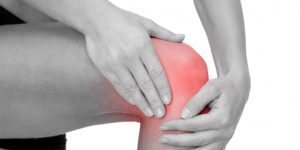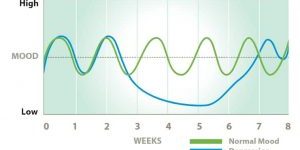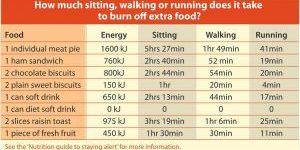When will fatigue occur?
Fitness levels
REGULAR PHYSICAL ACTIVITY leads to improved physical and functional (i.e. real-life, every day activities) fitness which has a major impact on reducing fatigue. This is because increasing fitness enables our……
Avoiding injury when exercising
Regardless of your exercise choice, one truth applies to everyone: preparation can prevent injury. Many common exercise injuries stem from overlooking two basics: warm-up and stretching. Warm-up: The idea of……
Sleep debt
Sleep debt is the cumulative effect of not getting enough sleep. Two kinds of sleep debt have been proposed: 1) partial sleep deprivation; or 2) total sleep deprivation. Partial sleep……
Food quality and quantity
The quality and quantity of food you choose can make a huge difference to body weight. The difference between the two diets on the right is 5700kJ. Someone that eats……
Smoking and sleep
Nicotine can hamper a person’s ability to fall asleep or get good quality sleep. Studies have shown that the average smoker gets 30 minutes less sleep compared to non-smokers. Trouble……
Optimising sleep for night shift
In a 2018 article in the British Medical Journal (BMJ 2018;360:j5637 doi: 10.1136/bmj.j5637 [Published 1 March 2018]) the topic of optimsing sleep for night shift was covered with the aim……
Depression and the impact on fatigue
While we all experience low mood from time to time, it is important to understand that this is not depression. Depression is more than just a low mood. Depression is……
Who is responsible for your fatigue?
Fatigue affects everyone, at some time or another!…making US ALL responsible! When someone is fatigued, who is the first person to experience the effects? That’s right…you are! You will experience……
Hydration
Your body needs adequate fluid and electrolytes in order to have any chance of feeling energised. If these needs are not met, then physical and mental fatigue will increase, as……
Body weight & fatigue
EXCESS BODY FAT INCREASES THE LIKELIHOOD OF SOMEONE GETTING FATIGUED Imagine walking around all day with a backpack on containing a 10 kg brick. Wouldn’t you feel more tired at……










